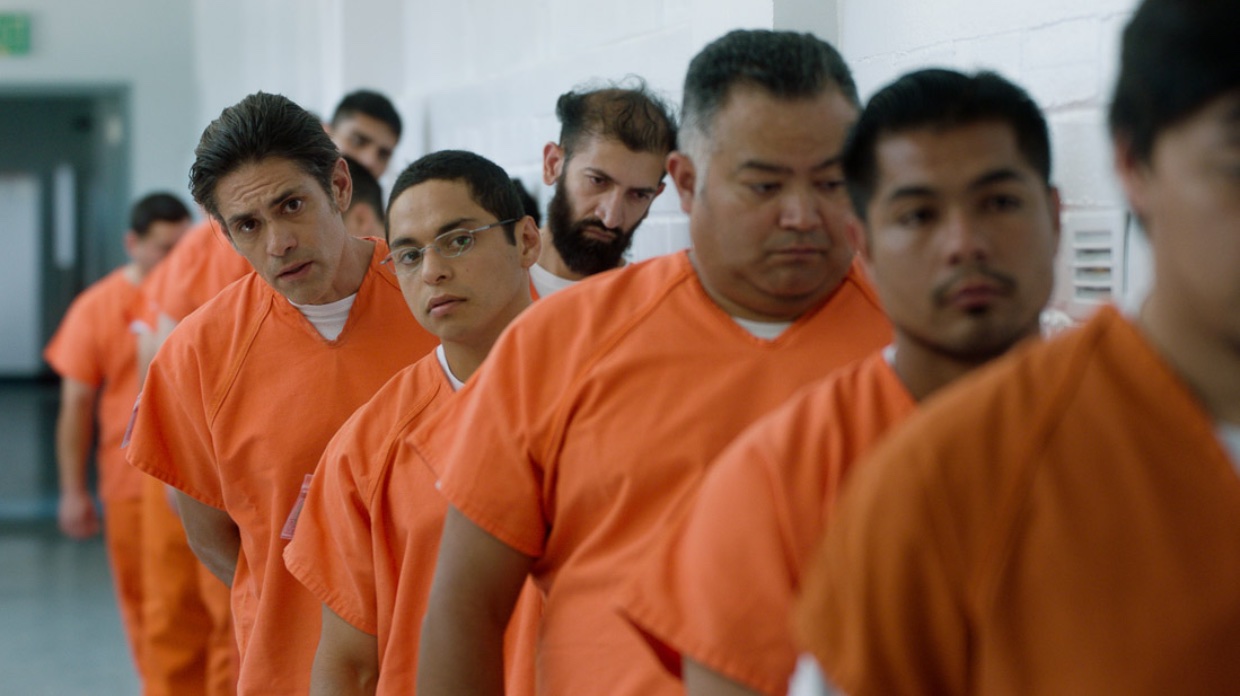 Back to selection
Back to selection
“We Freed Ourselves from Conventional Documentary Ethics”: Directors Alex Rivera and Cristina Ibarra | The Infiltrators
 Maynor Alvarado and Manuel Uriza in The Infiltrators (photo by Lisa Rinzler)
Maynor Alvarado and Manuel Uriza in The Infiltrators (photo by Lisa Rinzler) Whenever directors watch their own films, they always do so with the knowledge that there are moments that occurred during their production — whether that’s in the financing and development or shooting or post — that required incredible ingenuity, skill, planning or just plain luck, but whose difficulty is invisible to most spectators. These are the moments directors are often the most proud of, and that pride comes with the knowledge that no one on the outside could ever properly appreciate what went into them.
So, we ask: “What hidden part of your film are you most privately proud of and why?”
When we freed ourselves from conventional documentary ethics, we entered into a realm of possibility. One of those possibilities was a kind of collaboration with the protagonists of the story. Traditional documentary is guided by a subject/object relationship. With this film, because we crossed the border into a netherworld in which we were simply interested in telling the story by whatever means necessary, we were able to work with the protagonists of this story as co-conspirators. We moved out of an “extractive” mode of filmmaking, where the filmmaker captures the images and then takes them away and never looks back. Specifically, once we started to work partly in a mode of reproduction of this true story, we were able to share the script, storyboards, and rough cuts with the real people who lived the story, and to talk about where the story was going, and ask whether it was telling the truth they knew, or not. It was risky—but now, looking back, we can see this was absolutely the right process. — Alex Rivera
One of the riskiest moments in working on the film was showing the rough cut to the Infiltrators themselves. It was a moment when everything could have gone badly. The way they embraced it and worked with us was really powerful and liberating. They were so invested in this story, and the way we were telling it, that it gave us permission to push the form even further. We had memory workshops together to immerse ourselves in the scenes. We had such a productive experience to the point where Claudio, who collaborated with the infiltrators on the inside, actually came to set as an advisor. He participates in the filming of the fiction scenes based on his life. He did everything from helping with building props, dialect coaching. All of this creative work stemmed from that one crucial screening of an unfinished cut. That decision could have jeopardized our whole film, but instead it made our creative vision stronger. — Cristina Ibarra
